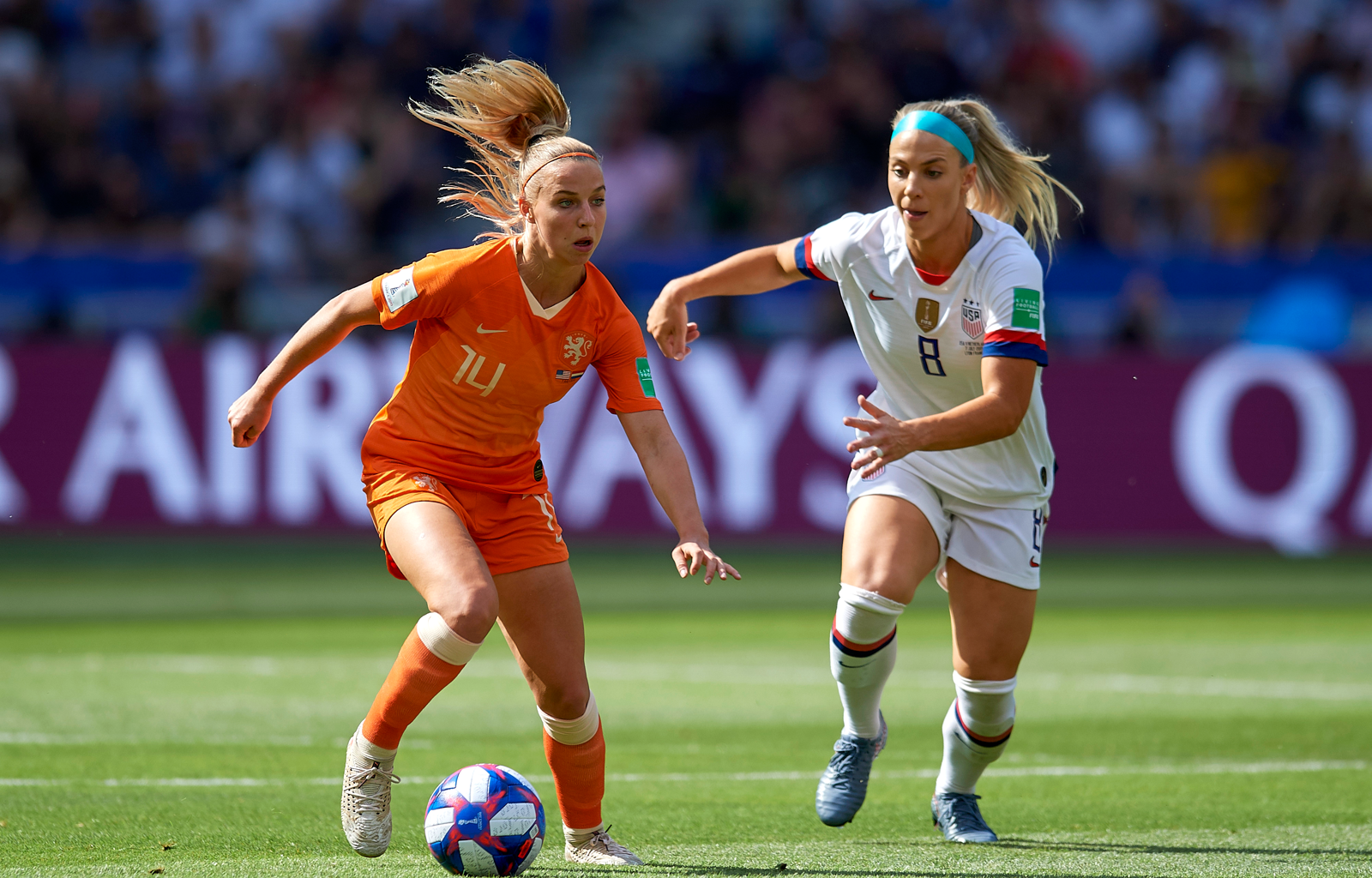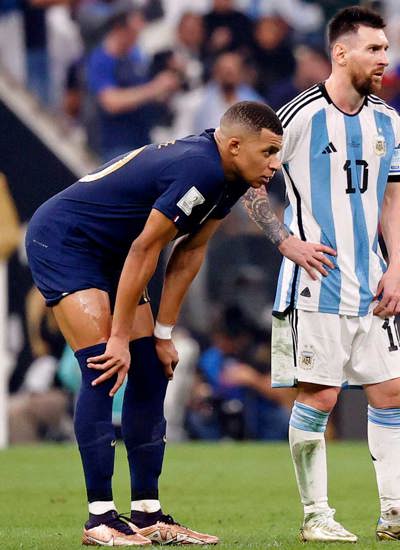
The report, compiled with KPMG Football Benchmark, charts the economic evolution of the game, covering match-day attendance, TV audiences and sponsorship, and details player conditions at club and national team level.
Raising Our Game calls for football stakeholders to work together with us and our 65 affiliated player associations to establish and enforce global standards for working conditions in order to achieve a strong, vibrant and sustainable women’s game.
The report was originally scheduled for publication in February 2020 but was postponed because of the outbreak of the coronavirus. FIFPRO has decided to publish the report now during the pandemic as employment standards remain as important as ever.
FIFPRO General Secretary Jonas Baer-Hoffmann said: “We are conscious that we are releasing this report during an extremely uncertain and worrying time, however we have a responsibility to the professional footballers we represent to chart the way forward for them and their industry.
“We are committed to working with all stakeholders in a united and holistic way to relaunch the industry after the coronavirus pandemic. The professional players we represent and who devote so much time and energy to the women’s game, often with little reward or compensation, must be at the heart of this rebuilding process.”






